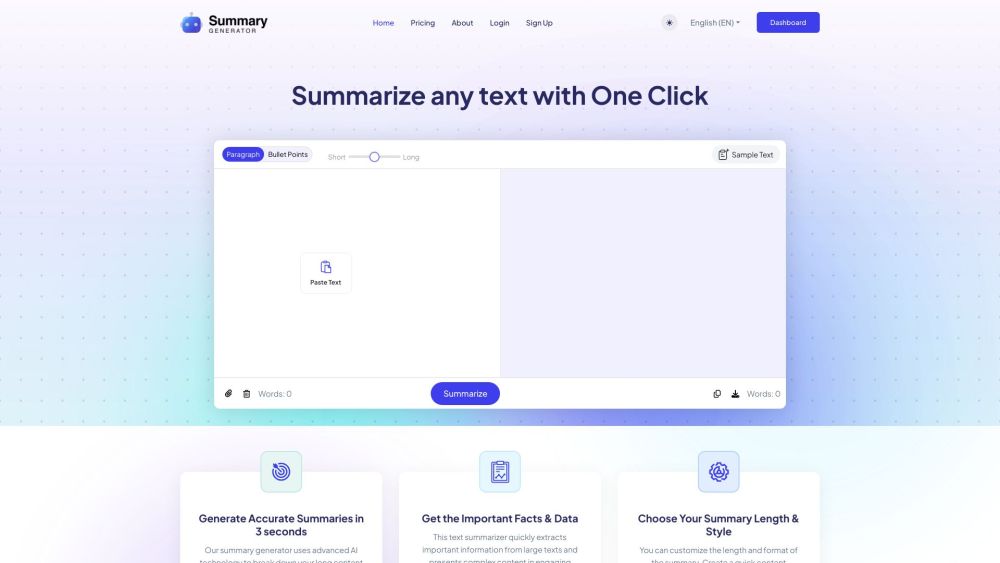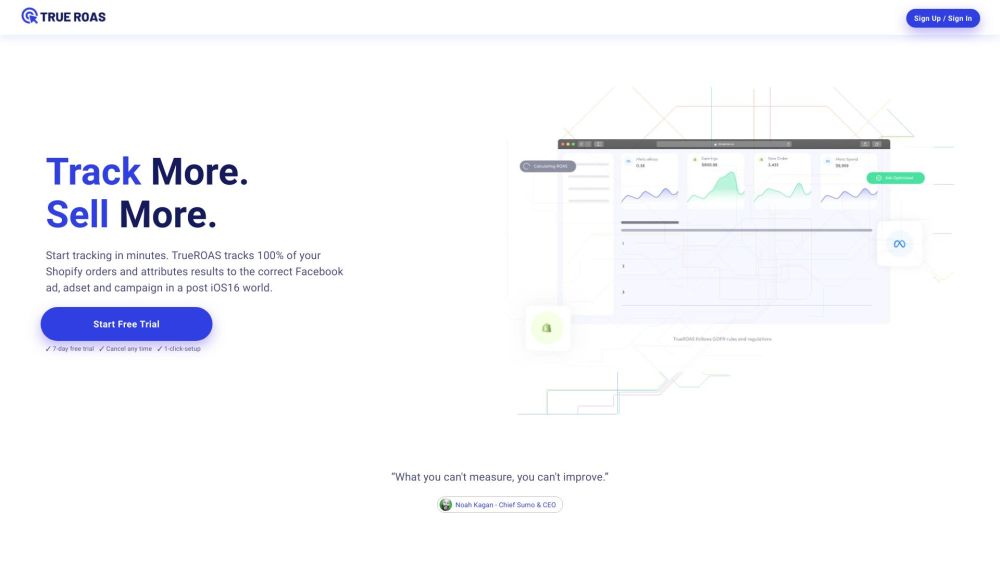Stack AI, co-founded by former MIT PhD students Antoni Rosinol and Bernardo Aceituno, emerged in 2022 as large language models gained traction. Recognizing an industry challenge, they aimed to streamline how companies integrate data and models without deep expertise.
After graduating, they relocated to San Francisco and joined Y Combinator's Winter '23 cohort, where they launched Stack and honed their innovative concept. Stack AI developed a low-code workflow automation tool designed to empower businesses in creating AI-driven workflows, such as chatbots and virtual assistants. To date, the company has secured $3 million in funding.
"Our platform enables users to build workflows by integrating various tools. Our primary focus is on connecting data sources with large language models (LLMs), which enhances the capability to create robust automation solutions,” explained Aceituno. Despite launching a working product just six months ago, Stack AI already boasts over 200 active customers.
The platform simplifies the workflow creation process through a user-friendly interface that allows users to drag components onto a canvas. This often includes data sources like Google Drive and LLMs, along with additional components such as triggers and actions, enabling users to create generative AI applications with minimal coding. Though the coding isn't AI-driven, many tasks within the workflows utilize AI, which might necessitate some manual coding for optimal performance.
A number of Stack AI's initial clients are in the healthcare sector. Aceituno emphasizes the importance of accuracy when working with sensitive doctor-patient interactions, particularly since internal data may be unreliable or outdated. “In such cases, we prioritize human expertise—the doctor must assess the quality of the AI-generated answers,” he stated.
To further ensure reliability, each AI-generated response includes source citations, allowing healthcare professionals to verify information before making decisions. “However, it’s crucial to remember that poor input can lead to poor output, so we design these assistants to support rather than completely take over the decision-making process,” he added.
Leveraging their MIT background, Rosinol noted that Y Combinator played a pivotal role in helping them grasp the business landscape and refine their startup strategy through customer engagement. “Initially, we created an API focused on developers and explored ways to automate RFP responses or streamline sales. However, collaborating with clients revealed that the major hurdle lay not in model training, but in effectively querying and connecting data sources to these language models.”
Currently, Stack AI employs six team members and is actively expanding its workforce, seeking engineers as well as sales and marketing professionals.
The $3 million funding round closed nearly a year ago, featuring contributions from investors such as Gradient Ventures, Beat Ventures, True Capital, Lambda Labs, Y Combinator, Soma Capital, and Epakon Capital.





